Clogged pores, genetics, age, and sun damage are the main causes of enlarged pores.
But this doesn’t mean that you can’t minimize them.
It’s absolutely possible to reduce this problem if you pick the right treatment and do some basic cleaning procedures.
We have checked some tips from dermatologists and we want to share them with you so your skin can look flawless.
1. Only use cleansing products that are adapted to the natural pH of the skin’s protective barrier.
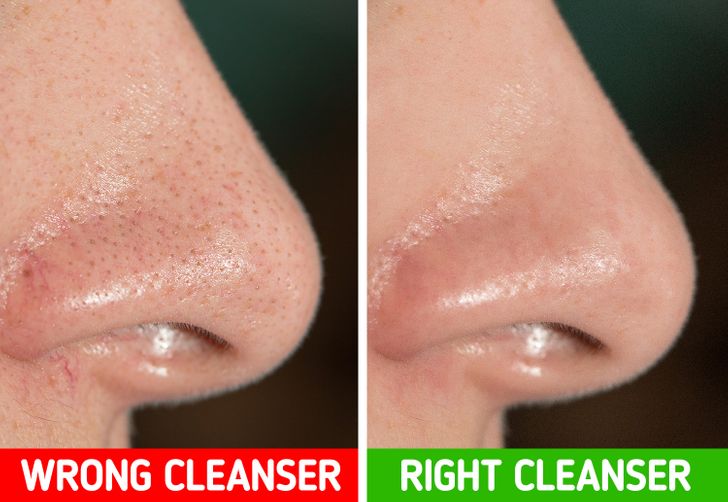
We may like to experiment with cleansing products but sometimes we forget to check their pH balance.
Cosmetologists say that actually, this is a crucial thing.
Your skincare products should be adopted to your skin, which normally lies between 4.7 and 5.75 when we’re talking pH. The wrong cleanser can be a trigger to less resilient and more sensitive skin.
Besides wide pores, it also leads to different skin diseases like dermatitis and rosacea.
2. Don’t use day cream on an oily nose.
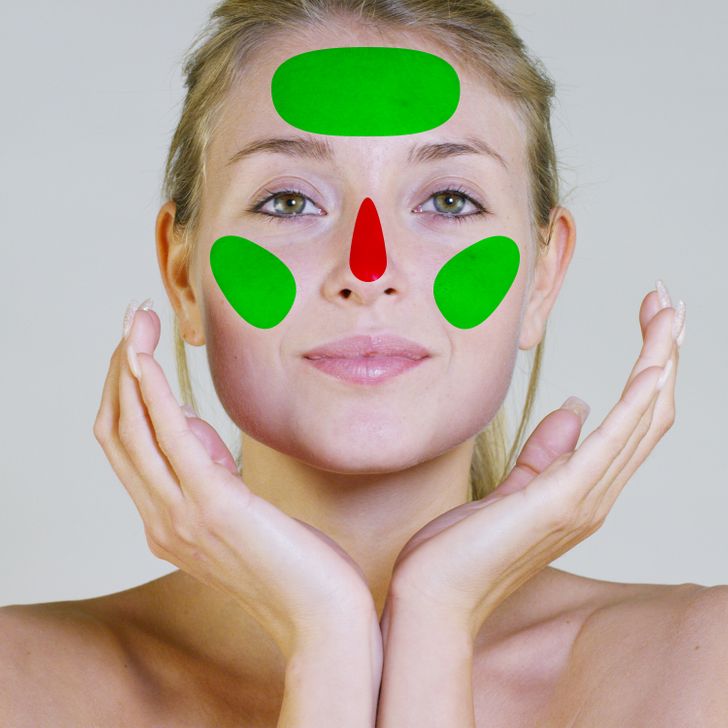
It may sound weird, but dermatologists don’t advise applying a cream on your nose if it’s oily or if you have blackheads.
This can lead to even wider pores. When using sunscreen on your face, you should choose those that are oil-free.
3. Apply glycolic acid to unclog the pores.
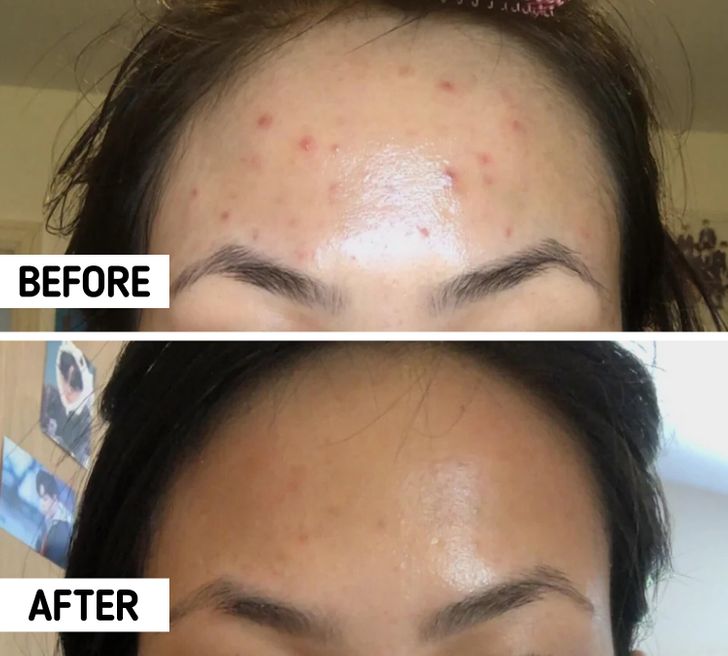
[/wpdiscuz-feedback]
If you have large, clogged pores dermatologists suggest using glycolic acid. It can be used even for dry skin.
Using products that contain this ingredient may help you to reduce enlarged pores by sweeping away dead skin cells and oil that gets stuck inside pores.
4. Wash your face twice a day with warm water.
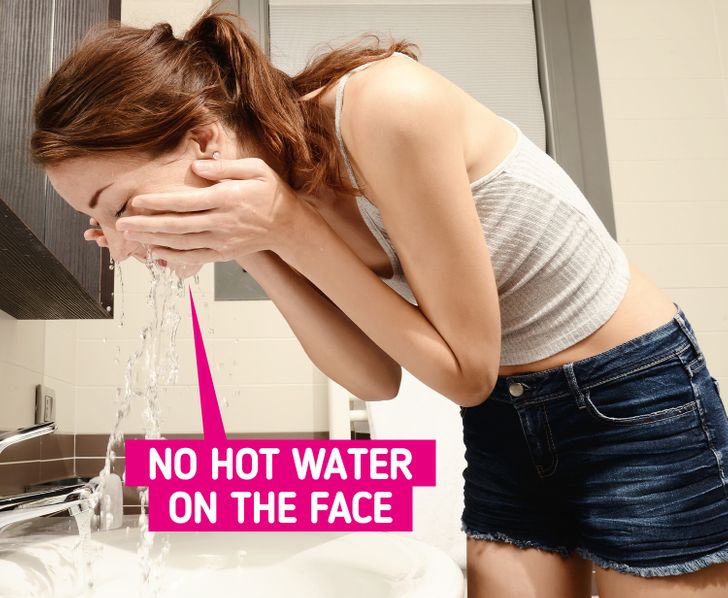
Normally, clogged pores and an oily complexion makes pores look larger.
Wash your face in the morning and before bed to unclog pores, but don’t forget that the water shouldn’t be very hot because it can irritate your skin even more.
And when the skin is irritated, it makes your pores look larger.
5. Use oil-free sun protection.
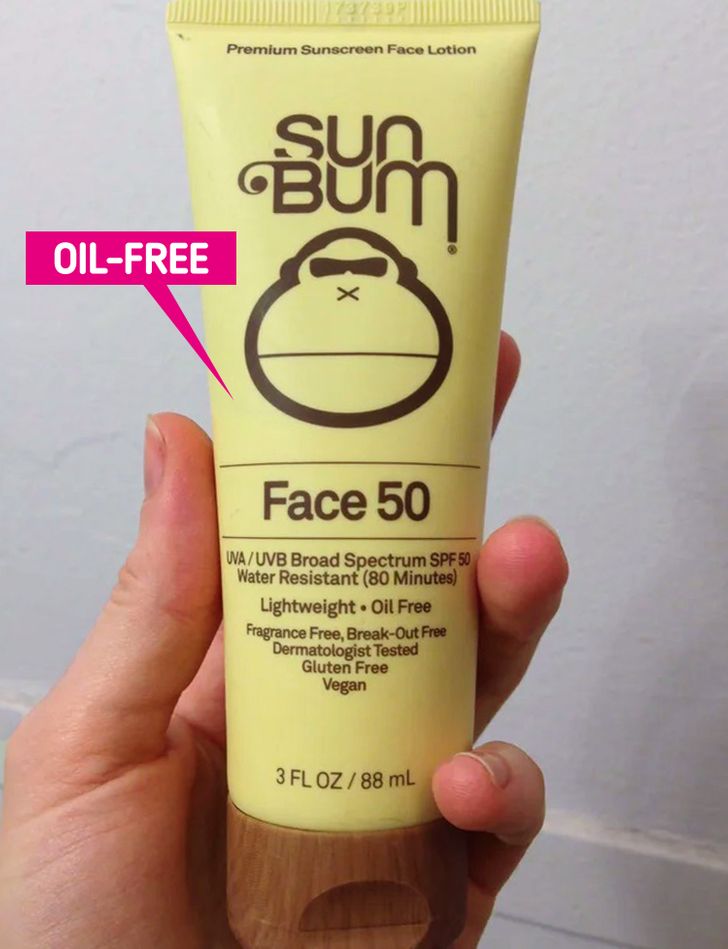
Your sunscreen can also clog your pores.
- For acne-prone and oily skin use an oil-free sunscreen. It should be very light in texture and may contain zinc.
- It’s better to avoid waterproof sunscreen because your skin won’t be able to breathe and your pores will be clogged even more.
- For dry skin, you should use a sunscreen with a lightweight moisturizer, but not an oily one.
6. Carry oil-blotting papers with you during the day.
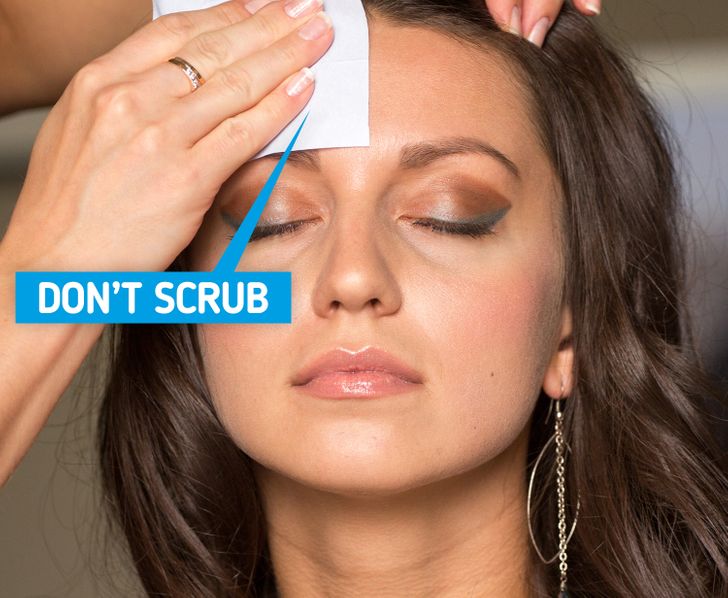
Oily skin experiences enlarged pores more than dry skin does, so it’s better to carry special oil-blocking papers with you.
This can also work for those with combination skin when your cheeks are dry, but your nose is oily, for example.
Just get rid of extra oil from your skin by gently pressing, but don’t scrub your skin with these papers.
7. Avoid liquid-rich cosmetics for oily and combination skin.
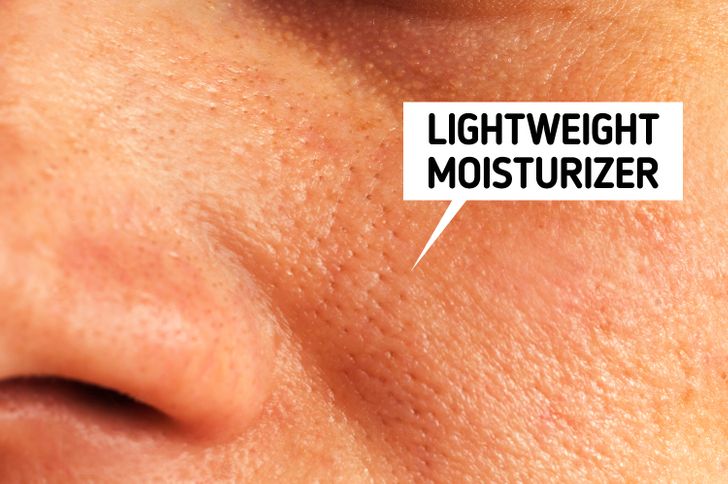
[/wpdiscuz-feedback]
Cosmetics that are really liquid, including foundation, can make the situation with enlarged pores even worse.
You need to know what type of skin you have.
Even if you have dry cheeks, this still doesn’t mean that you need extra moisturizing lotion on your whole face.
Dermatologists suggest using a light moisturizer for those who have large pores.
8. Limit your dairy products.

Dermatologists recommend drinking 200 ml of milk per day or having substitutes like almond or coconut milk because they are better for your skin.
Some growth hormones can be found in cow’s milk and consuming it leads to enlarged pores.
You can consult with your specialist about what kind of milk is right for you.
9. Apply a zinc oxide lotion to the areas with the large pores.
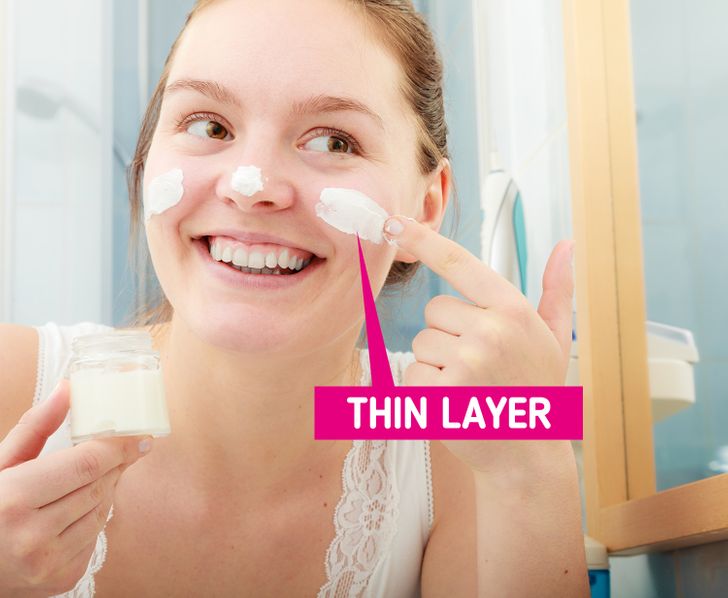
Zinc oxide is an active ingredient in many diaper rash creams and mineral sunscreens.
It can be used for different types of skin and provides a protective effect.
Doctors suggest applying a thin layer of zinc oxide lotion on areas with enlarged pores from time to time.
10. Select an exfoliation method that suits your skin type.
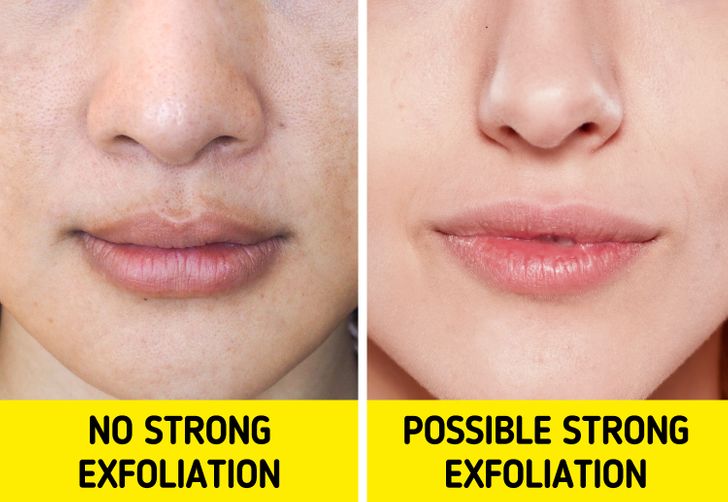
[/wpdiscuz-feedback]
Be careful with exfoliation.
First, you need to define your skin type.
- For people with dry, sensitive, and acne-prone skin it’s better to use a mild chemical exfoliator because strong mechanical exfoliation can be too irritating.
- For people with oily, thick skin you can use stronger chemical treatments and exfoliation. But it’s better to avoid this if you have a darker skin tone or notice dark spots on your skin after burns.
What type of skin do you have and how do you normally reduce irritation and enlarge pores?
Please share your tips and remedies with us!




